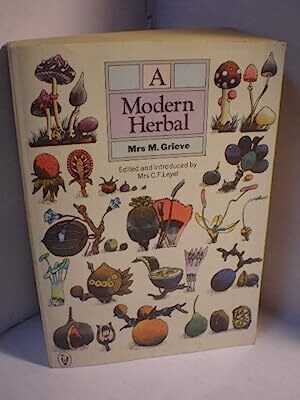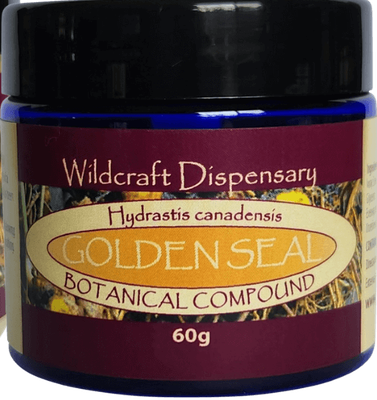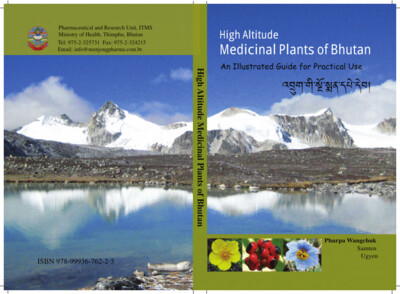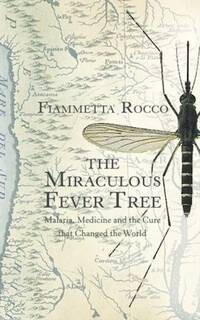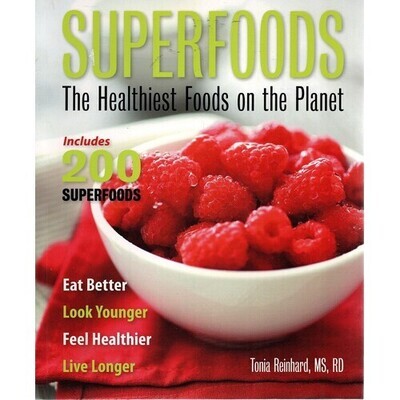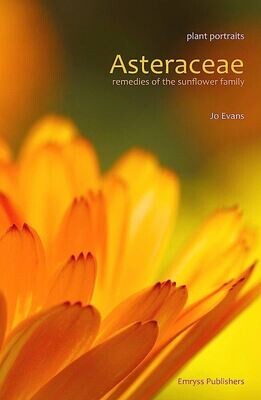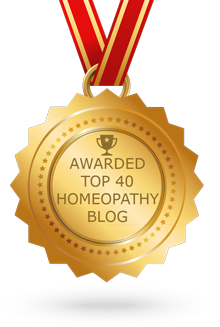Shop
Natural Medicine and Homeopathy Shop
Brookvale, Sydney, NSW (02) 99059415

Natural medicine products. New and second hand homeopathy textbooks and beginner books. Order on-line or drop-in to the clinic for professional advice. 2nd hand books.
RETURNS AND REFUNDS: Return your unused goods within 30 days with your receipt and you are eligible for a refund. Please read the full policy before purchase. SHIPPING: Our shipping costs are Standard Australia Post Fees.
A modern herbal* (Grieve)
A modern herbal* (Grieve)
A Modern Herbal, first published in 1931, by Mrs. M. Grieve, contains Medicinal, Culinary, Cosmetic and Economic Properties, Cultivation and Folk-Lore of Herbs. Keep in mind that this was written in England, with a climate similar to the Pacific Northwest in America.
If you're wondering how Golden Rod, Ragwort, and Devil's Bit got their names, how Dandelion can be used to treat liver disorders, or how Horseradish staves off scurvy, look no further than A Modern Herbal. This modern reboot of the medieval herbal improves upon its predecessors with meticulously researched scientific support and pages of recorded folklore about each entry. Encyclopedic in coverage, A Modern Herbal covers every herb, grass, shrub, fungus, and tree you can think of, from to Abscess Root to Zedoary.
Building on the traditional herbal, which combines folklore about the plants, their medicinal properties, anatomies, and botanical classification, Mrs. Greives has compiled a one-of-a-kind encyclopedia of more than 800 varieties of plants. The entries are neatly and thoroughly filled with seemingly boundless amounts of information on cultivation methods, chemical constituents, dosages, preparations of extracts, tinctures, and foods, as well as cosmetic properties, and beautiful, detailed illustrations. Also included are hundreds of recipes for lotions, ointments, sauces, wines, vinegars, brandies, and prescriptions for tonics and liniments to combat just about any ailment.
"There is not one page of this enchanting book which does not contain something to interest the common reader as well as the serious student...regarded simply as a history of flowers, it adds to the joys of the country." - B.E. Todd, Spectator
For Medicinal Use - Bear in mind it was written with the conventional wisdom of the early 1900's. This should be taken into account as some of the information may now be considered inaccurate, or not in accordance with modern medicine.
Sophia Emma Magdalene Grieve, a.k.a. Maud, (1858 - 1941) Margaret was the Principal and Founder of The Whins Medicinal and Commercial Herb School and Farm at Chalfont St. Peter in Buckinghamshire, England. She is perhaps best known today for her 1931 book, A Modern Herbal.
As a Fellow of the Royal Horticultural Society and, with an encyclopaedic knowledge of medicinal plants, she provided tuition in all branches of herb growing, collecting, drying and marketing. During WWI as supplies of conventional medicines dwindled, Mrs Grieve wrote and produced numerous pamphlets explaining the use of specific herbs as remedies against common illness thus greatly aiding the war effort.
It is through her much celebrated 1931 publication, A Modern Herbal that Margaret Grieve is perhaps best known today. This timeless book has been recognised to this day as one of the best resources for information on medicinal herbs and plants. A Modern Herbal is a veritable tome and contains extensive information on the therapeutic, culinary, cosmetic and economic properties of herbal medicines.
Margaret Grieve has been credited with re-establishing herbal medicines into Britain during the early 1900s and today her work continues to inspire herbalists and natural therapists across the world.
Large paperback 912 pages
Please note: This is a second hand book and may show signs of being loved by a previous owner: there may be wear and tear, corners may be creased, the previous owners name may be written inside the front page and even sometimes underlining of words. However, sometimes the book may also be new. Also the cover or edition may vary from the one shown. 🙂


